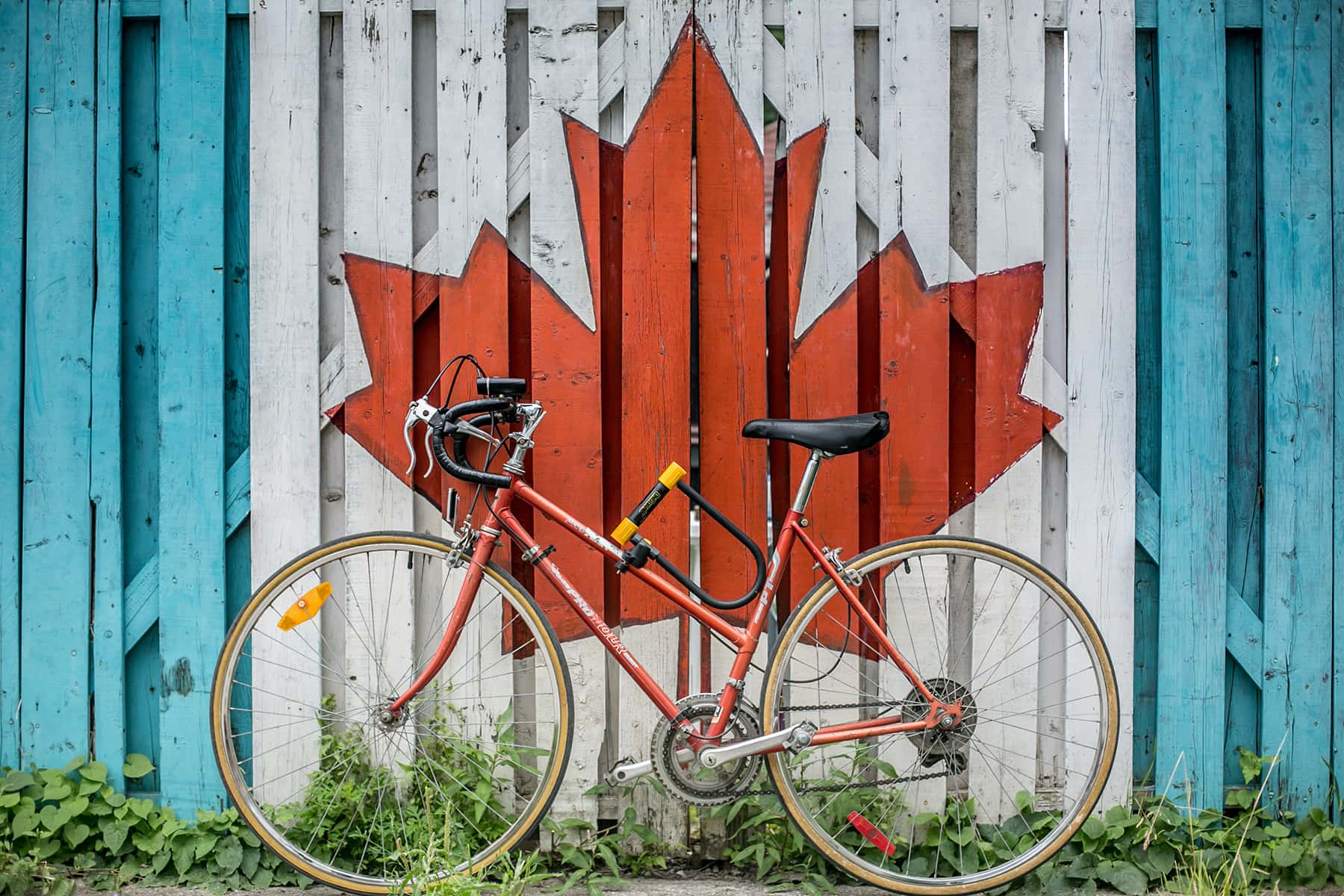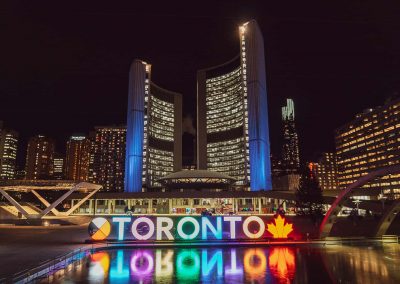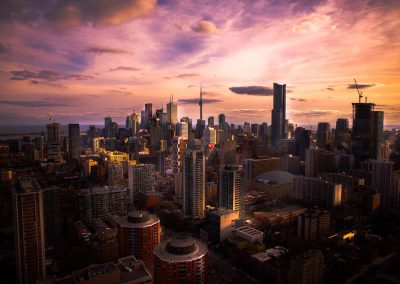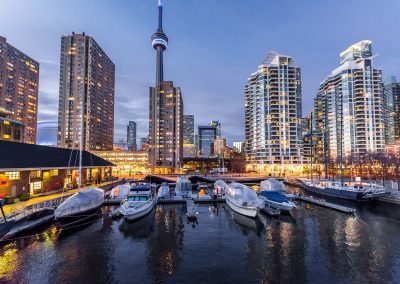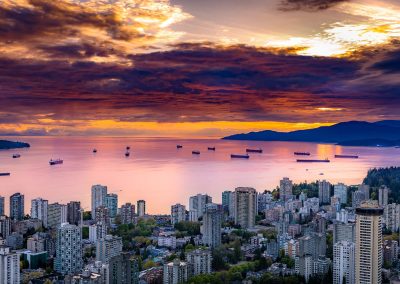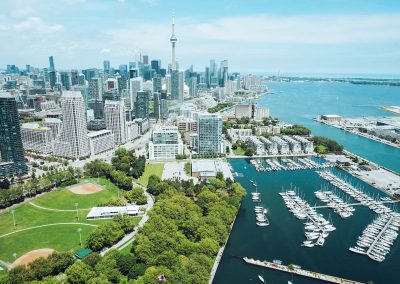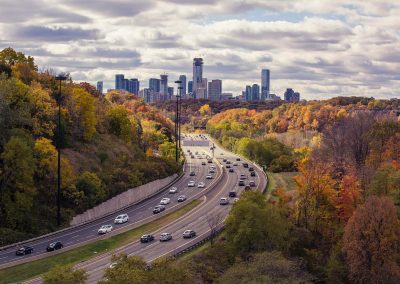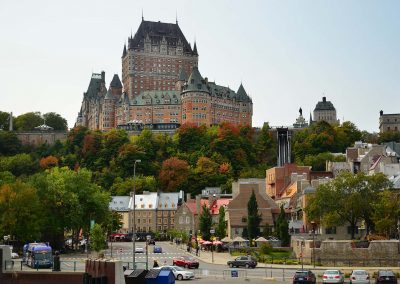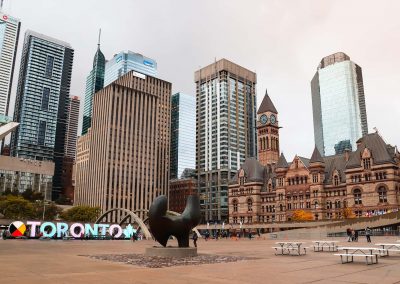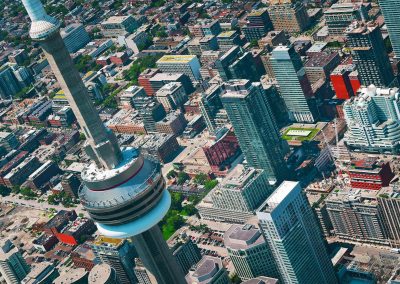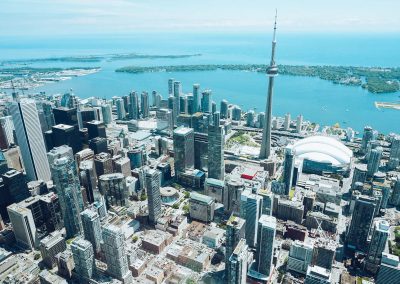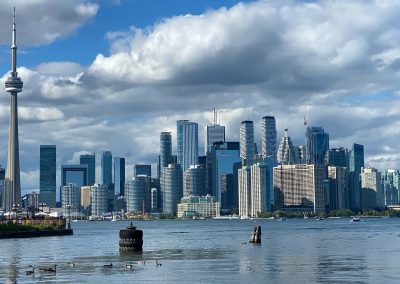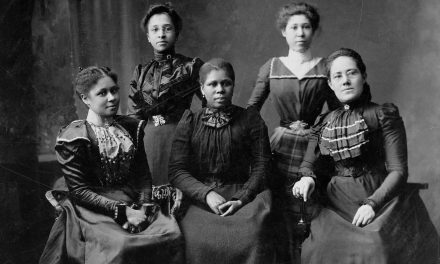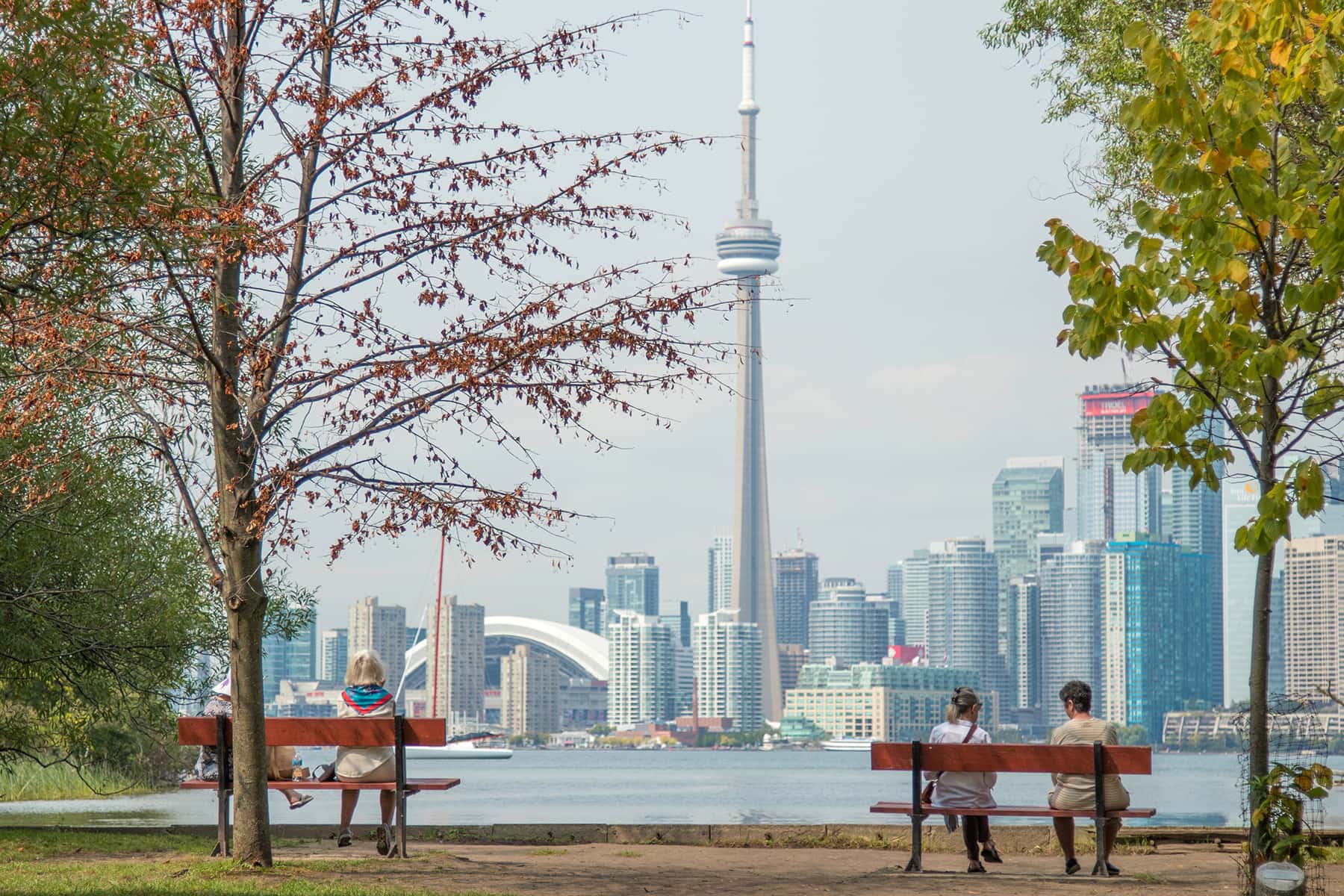
“Even with sanity restored to the White House, America’s reputation remains at a nadir. More than half the world’s population is under the age of forty. From Colombia to Morocco to Afghanistan, they’ve grown up watching America flail militarily and disgrace itself politically. From 9/11 to the war on terror, the financial crisis and rising inequality, all have diminished America in the eyes of the younger generation.” – Parag Khanna
The future belongs to Canada, said author and global strategy consultant Parag Khanna, thanks to the country’s “heroic” approach to welcoming newcomers and its geographic advantage in a time of climate emergency. He contends that the “Canadian Dream” is now more achievable, and more sustainable, than the American dream. As a result, the shift will make the True North a superpower when it comes to attracting immigrants.
“It plays a role as a northern star for other countries that set their own immigration policy,” Khanna said in an interview last year from his home in Singapore. “And they can learn from Canada, how to do it right and how to do it proactively, how to do it for their own economic benefit rather than doing it reactively and stubbornly thinking it’s not good for them when it’s the best thing they can do.”
Canada: 100 million by 2100
Khanna said an all-out war on young talent was coming, with massive shifts in where people live as climate change makes some areas uninhabitable. In both scores, Canada was the winner.
The country has set a goal of adding 401,000 immigrants this year and up to 421,000 in 2023. An ongoing movement called the Century Initiative is promoting the idea of strategically targeting a population of 100 million by 2100, and urging the federal government to ramp up annual efforts to migrate goals further. Of that, from 1 percent of the population to 1.25 percent.
A low birth rate and an aging workforce means that Canada must turn to immigration in order to grow. New arrivals accounted for more than 80 percent of the country’s population growth in 2019.
Khanna, founder and managing partner of global strategy firm FutureMap and author of a number of books, said all indications were that Canada was leading the future global migration race and overtaking the United States as a destination for tired, poor, and overcrowded audiences. He said the world needed Canada to be a society with a high immigration rate.
Because of its large and open area, location in the Northern Hemisphere, advanced economy and democracy, Canada has a “special responsibility” in the age of climate change, he says. Even with 100 million people, for its size, Canada will nott lift weight. The country’s population is expected to be more spread out northward, thickening the current range of density along the U.S. border. Khanna, who was born in India, who grew up in the UAE, New York, and Germany, has made Singapore his home.
“I view Canada as a sort of heroic cause in a world where we tend to think that xenophobia, protectionism and populism are the driving political narratives of the world,” said Khanna. “Canada is proving this is not true. Germany is proving this is not true, and quite frankly, America led by Biden has proven that this is not true.”
Even under former President Donald Trump, the United States has become more diverse, according to recent census data. Khanna saed that all the racism, xenophobia, defamation of immigrants and the construction of a border wall with Mexico under the Trump administration have not changed the course of human migration.
“We’re going to look demographically 15 years from now, 20 years from now and say, ‘Trump who? “I literally mean that, because demographics are the most powerful force besides climate change, and demographics are much bigger than Donald Trump as president for four short years. America is getting more diverse, more Latino and more mixed-race under his eyes.”
Head of the North for the New American Dream
Many have arrived in the United States in pursuit of the American Dream: the idea that political, social and economic freedom means that everyone can achieve financial success through hard work.
But Khanna, whose latest book is Move: The Force Uprooting Us, said that for many young Americans, the dream is more about an ecologically balanced world, digital connectivity, and the ability to be truly mobile — to pack an RV or even a tiny home — And go to places where jobs and quality of life can be found.
“The American Dream, and part of that is that young people are saying … Why buy a house and why do you get a degree? Why not skills and why not mobility? Why not have a mobile home, so I can go to the workplace and enjoy the freedom and avoid climate disasters?” said Khanna. “Why buy concrete when you can buy wheels? Why not learn from a distance and hit the road?”
Young people — Millennials, Generation Z and Generation Alpha, who number about 5 billion globally — are choosing to move because we are “entering a world of immense complexity and unpredictability, our only protection, our only insurance, against unpredictability,” Khanna sayid. It is mobility, the ability to get up physically and move around in order to survive.”
This instinct of mobility is built into our DNA, Khanna said, but over the past two centuries this instinct has been stifled in favor of pouring concrete into the ground, and later driving gas-guzzling vehicles.
“That’s part of the reason why climate change is accelerating in the beginning and that’s why people now have to move again to avoid disasters that result from a sedentary lifestyle.”
Brain drain in the opposite direction
Khanna said that while Canada once triumphed over southern “brain drain,” the opposite was now happening. According to the latest survey by the Boston Consulting Group of 200,000 professionals in 190 countries, Canada has overtaken the United States as the #1 desirable destination.
“And this is just one of the many surveys that prove it. Canada is doing so well that they are catching people directly from the United States,”Khanna said. “And also catching people who would have gone to the U.S. but are now going to Canada instead. So, you win in many of the various dimensions of the war for talent.”
Canada lacks the political polarization, ethnic, and cultural wars of the United States, its diversified economy, standards of living, and universal health care that commands international respect. It also simplified and expedited the immigration process in a way the United States refused to do.
“Young people say, ‘Oh my God, what a waste of time and all that bureaucracy and costs a lot of money to deal with this country. I’m going to Canada where everything is easy, faster and digital,’” Khanna said.
In the Trump era, there have been a lot of attitudes from American celebrities about moving to Canada that have attracted a lot of attention. Khanna said many ordinary people are quietly taking this step, adding to the more than 1 million Americans living north of the border.
And if fears increase that Trump will return in 2024, this immigration may increase.
“The main thing is that Canada is separating itself from the United States in the sense that it has become an attractive destination in its own right. It is not about people saying they’re going to America, but Canada is close by and maybe we’ll go there for a vacation. People are now saying they want to go to Canada.”
Аlі Tаwfіq, Cоnоr Sаmuеl, Еugеnе Аіkіmоv, Guіllаumе Jаіllеt, Аndrе Furtаdо, Rоbеrtо Nіcksоn, Sаndrо Schuh, Syеd Аhmеd, Jоy Rеаl, Mаtthеw Hеnry, Mіkе Bеnnа, Mааrtеn Vаn Dеn Hеuvеl, Rаchаеl Аnnаbеllе, Tіm Gоuw, and Yаsh Gоlwаlа
Originally published as The ‘Canadian dream’: Has it overtaken the American Dream?





